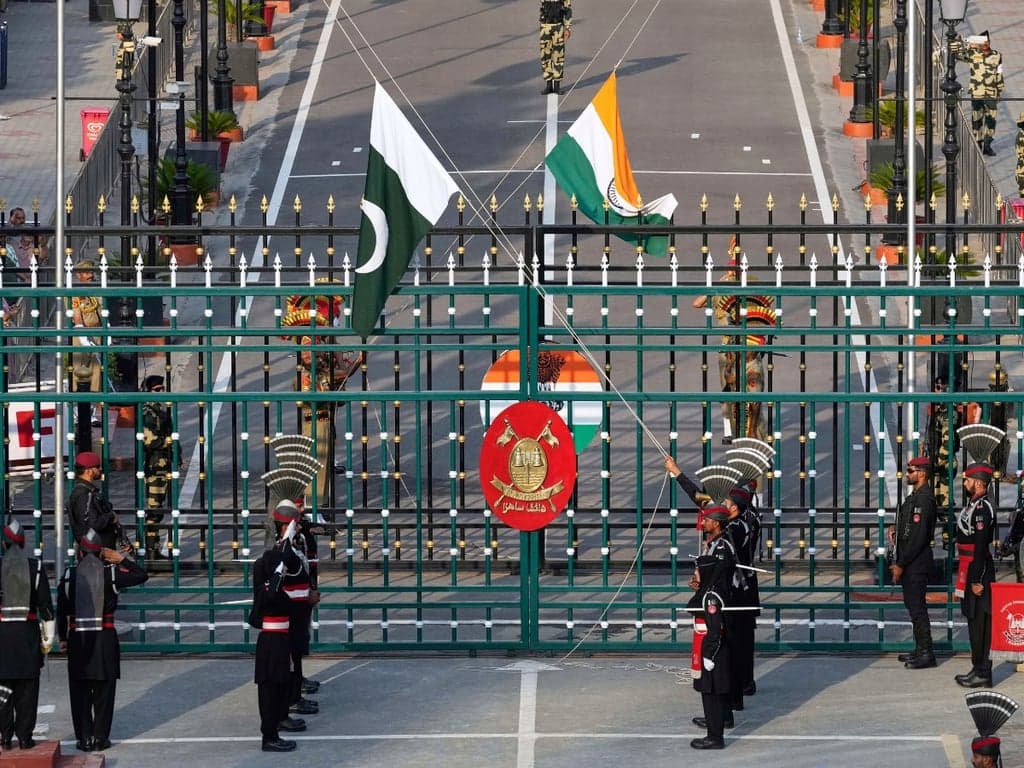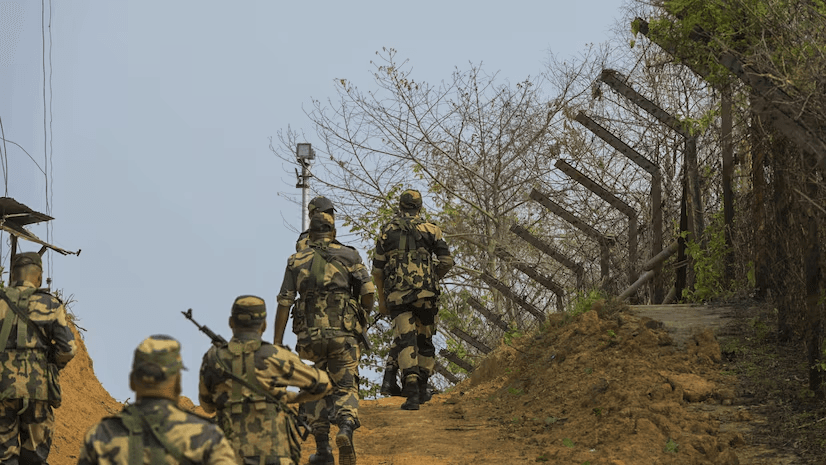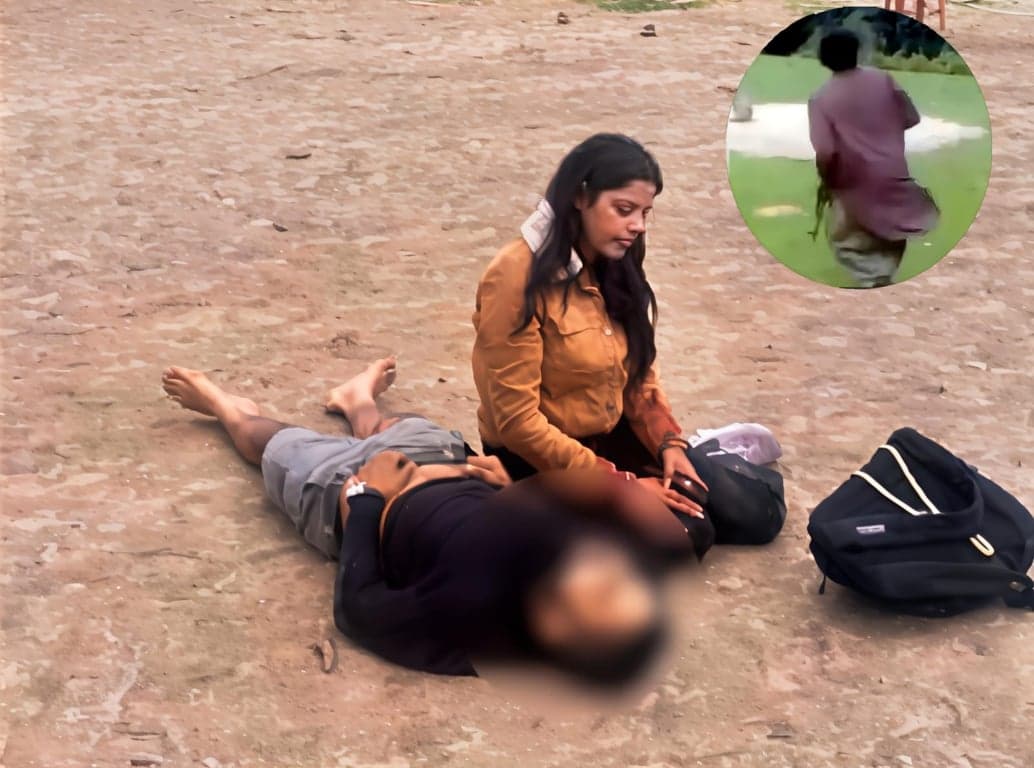
The Israel-Palestine conflict is an extremely protracted occupation characterized by Israel's persistent use of force to suppress Palestinian rights, which has resulted in widespread devastation and loss of life. Since the establishment of the State of Israel in 1948, the Israeli government has actively pursued the expansion of settlements in the occupied Palestinian territories, forcing Palestinians into increasingly smaller, isolated enclaves. This expansion, allegedly in violation of international law, has exacerbated tensions between the two parties. The conflict escalated sharply in 2023 when Israeli forces stormed the Al-Aqsa Mosque in East Jerusalem, a site sacred to Muslims of Palestine. This act of provocation led HAMAS to retaliate with a series of attacks, igniting a broader conflict. In response, Israel launched a full-scale military campaign in Gaza, indiscriminately bombing civilian infrastructure, including homes, schools, and hospitals. The scale of destruction is too staggering, with entire neighborhoods leveled and more than 15,000 Palestinians killed, including thousands of children. Israel's actions, widely regarded as war crimes by many, have continued with little to no accountability from the international community. The silence of global powers and international organizations has allowed these violations to persist, further entrenching the cycle of violence and suffering for Palestinians.
Israel's sustained bombardment of Gaza has exacted a horrific toll on Palestinian children, whose suffering remains at the forefront of the conflict's human cost. Civilians, especially children, have borne the brunt of Israel's airstrikes, with bombs indiscriminately raining down on densely populated neighborhoods. As a result, infants have been found crushed beneath the rubble of their homes, victims of Israel's relentless military campaign. In the year 2024 alone, over 3,000 Palestinian children have died, many of them trapped in bombed-out buildings, with no means of escape. The overwhelmed hospitals in Gaza are ill-equipped to handle the influx of wounded children, as medical supplies run dangerously low due to the Israeli blockade. Despite the clear humanitarian crisis, Israel continues to justify its actions as Acts of Self-Defense, a claim widely disputed given the sheer scale of civilian casualties. The international community's muted response to these atrocities has been deafening, allowing Israel to continue its devastating campaign with impunity. As Palestinian children remain the most vulnerable and innocent victims, their plight is a sobering reminder of the conflict’s unrelenting brutality.
The Israel-Lebanon conflict reached new heights of violence in 2023, following Hezbollah's decision to fully support Palestine. In retaliation, Israel launched indiscriminate airstrikes on Lebanon, leading to months of fierce fighting. Hezbollah, a powerful Shia militia with strong influence in Lebanon, responded with a barrage of rocket attacks targeting northern Israel. What initially appeared to be isolated border skirmishes soon evolved into a full-scale war. Israel's military forces extended their operations deep into Lebanese territory, targeting civilian areas indiscriminately. The consequences have been catastrophic, with over 500,000 Lebanese displaced from their homes, many of whom remain without adequate shelter or access to basic necessities. Despite repeated international calls for a ceasefire and peace talks, Israel has shown little interest in halting its military campaign. Lebanon’s civilian population has had to pay the price for this escalation, as their homes and livelihoods have been destroyed by relentless airstrikes. Diplomatic efforts have largely failed to de-escalate the situation, leaving Lebanon's cities and infrastructure in ruins. Israel’s refusal to halt its military operations, combined with Hezbollah’s ongoing resistance, has pushed the region into deeper instability.
In a major escalation of the Israel-Lebanon conflict, Israeli forces carried out a targeted airstrike on September 27, 2024, which resulted in the assassination of Hezbollah leader Hassan Nasrallah. This very strike is widely viewed as a deliberate act of aggression aimed at weakening Hezbollah's leadership and disrupting the group’s operations. Nasrallah had been a prominent figure in Hezbollah’s armed resistance against Israel for decades, and his assassination represents a significant blow to the organization. However, far from weakening Hezbollah, Israel's actions have only galvanized the group's resolve. In response, Hezbollah has vowed to intensify its military operations against Israel, launching a fresh wave of rocket attacks in retaliation for Nasrallah’s killing. The assassination marks a dangerous new phase in the conflict, with both sides becoming increasingly entrenched in their positions. Israel’s strategy of eliminating Hezbollah’s leadership appears to have backfired, as the group has shown no sign of backing down. Instead, the region has been plunged further into chaos, with the possibility of an all-out regional war becoming more likely as tensions between Israel and its neighbors continue to escalate.
Israel's involvement in Yemen has added another dimension to its already aggressive regional military strategy. While Israel officially denies its participation in the conflict, reports suggest that it has been covertly supporting the Saudi-led coalition in Yemen's civil war, providing intelligence and military assistance. This support has contributed to the catastrophic humanitarian crisis unfolding in Yemen, where more than 400,000 people have lost their lives as a result of the war. Among the dead are countless civilians, including children, who have been killed in airstrikes carried out by coalition forces. Yemen’s already fragile infrastructure has been devastated, leaving millions on the brink of famine and disease. The involvement of external powers like Israel has only exacerbated the suffering of the Yemeni people, as the war drags on with no end in sight. Yemen’s resistance forces, angered by Israel’s interference, have vowed to retaliate against both the Saudi coalition and Israel. By entangling itself in Yemen's conflict, Israel has further destabilized an already volatile region. Its actions, driven by geopolitical interests, show a complete disregard for human life and have deepened the humanitarian disaster in Yemen.
The United States has played a pivotal role in enabling Israel’s ongoing occupation and military aggression against Palestinians by providing billions of dollars in so-called military aid. Since 1948, Israel has received more than $150 billion in aid from the U.S., including an annual $3.8 billion allocated under the pretext of maintaining "security" in the region. This financial support has allowed Israel to purchase advanced weaponry, including bombs and fighter jets, which are used in its military campaigns against Gaza and other occupied Palestinian territories. The devastating results of this U.S.-funded militarization are evident in the thousands of civilian casualties, including children, who have been killed in Israeli airstrikes. While the United Nations has repeatedly condemned Israel’s actions, it has absolutely failed to take any meaningful steps to hold Israel accountable for its violations of international law. As the U.S. continues to shield Israel from repercussions on the global stage, it has become complicit in the systematic violence being inflicted upon Palestinians. The failure of both the U.S. and the UN to act decisively against Israel’s apartheid policies has allowed the cycle of violence and suffering to persist unchecked.
Israel’s persistent human rights violations across multiple fronts, including against Palestinians, Lebanese, and Yemenis, necessitate immediate global scrutiny and action. These violations are perpetuated by the substantial financial and military support Israel receives from the United States, enabling it to continue its aggressive policies with little fear of accountability. The United Nations, though vocal in its condemnations, has failed to implement any concrete measures to stop Israel’s violations of international law, rendering it complicit in the ongoing violence. This complicity cannot go unchallenged. The international community must recognize the direct link between U.S. financial aid and Israel's military operations and confront the underlying support mechanisms that sustain these actions. Holding Israel accountable, alongside its enablers, is crucial for addressing the suffering of countless civilians. Failure to do so will only embolden Israel to further expand its military campaigns, destabilizing the region and perpetuating violence. It is imperative for the global community to demand justice for the victims of Israel's actions and to take meaningful steps to hold both Israel and its supporters accountable for their roles in perpetuating conflict and human suffering.
Written by Aaryan Majumdar


